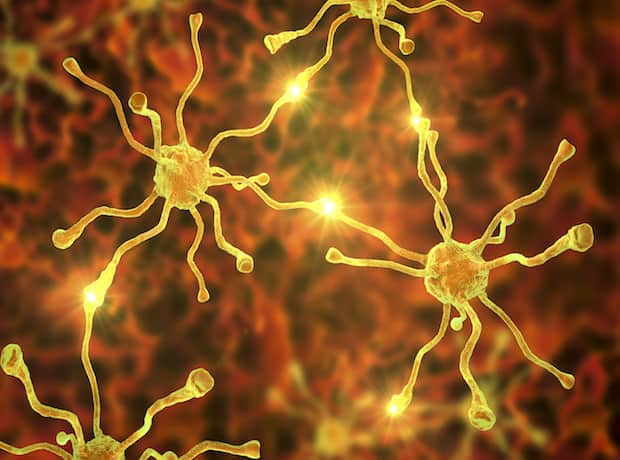Researchers aim to investigate and study axonal dysfunction in neurodegeneration
The Medical Research Council and the Motor Neurone Disease (MND) Association have awarded £3.9 million to researchers from King’s College London (KCL) and University College London (UCL) to investigate the early pathology of amyotrophic lateral sclerosis (ALS) and frontotemporal dementia (FTD).
The research team aims to explore and systematically investigate axonal dysfunction in neurodegeneration and design therapeutic strategies to treat the disease at an early stage.
Axonal dysfunction occurs when the axon (the part of the neuron that carries signals and communicates with other cells) degenerates completely. This outcome is seen in neurodegenerative diseases such as ALS and FTD.
ALS is a fatal type of MND that causes progressive degeneration of nerve cells in the spinal cord and brain, while FTD is caused by damage to neurons in the frontal and temporal lobes of the brain.
Combined, these conditions are estimated to affect more than 35,000 people in the UK.
Previous studies have observed that axons exhibit abnormal functions, including hyperexcitability, abnormal plasticity, and reduced synaptic function.
Researchers from UCL and KCL will be investigating these early axonal pathologies and developing novel therapeutic strategies to restore axonal function and establish the role of axons in disease progression.
The researchers aim to develop human neuronal cell culture models carrying mutations found in ALS and FTD patients to characterize altered axonal function and investigate the specific molecular mechanisms behind the dysfunction.
In the final phase of the project, the researchers aim to restore normal neural activity and communication and prevent neuronal death.
Juan Burrone, principal investigator on the project and professor of developmental neurophysiology in KCL’s Centre for Developmental Neurobiology, commented: “This is an exciting collaborative project aimed at understanding the cellular pathology behind ALS/FTD and finding new therapeutic perspectives.”
More recently, Health Data Research UK and Dementias Platforms UK received £2 million in funding in July. launch A new initiative to accelerate the discovery of new diagnostics and treatments and improve care for people with MND.







